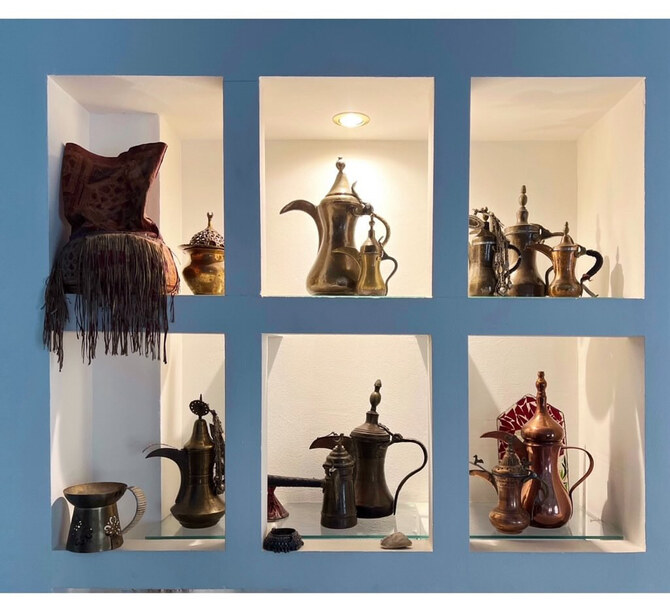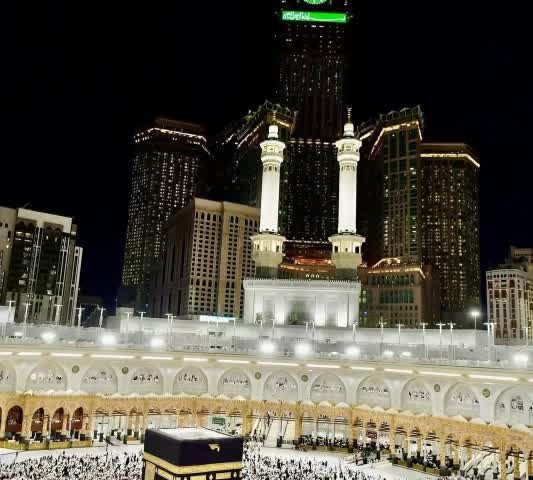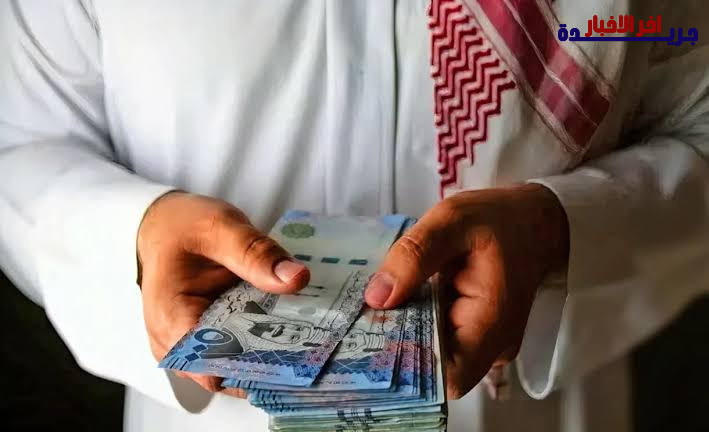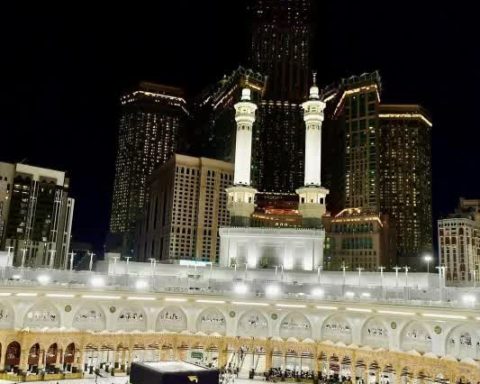As the sun dips below the horizon, Saudi families begin a beloved ritual: preparing two thermos kettles, each brimming with aromatic spices and herbs.
These warm beverages mark the beginning of a sacred moment — the breaking of the Ramadan fast.
The tall thermos holds a rich brew of red or black tea.
The shorter one carries the ever-present Arabic coffee, infused with cardamom, a symbol of Saudi hospitality and heritage.
Around them are dainty cups, dates, and desserts — a full setting for spiritual and social connection.
As worshippers transition from fasting to evening worship, caffeinated drinks become a core element of the night, offering not only energy but moments of bonding.
Coffee shops come alive, buzzing with friends and families eager for their evening cup.
Aisha Al-Wattar, a public relations specialist, told:
“Coffee during Ramadan is more than a drink. It’s a love language. When you say, ‘Let’s grab a coffee after Taraweeh,’ it’s an invitation filled with warmth and connection.”
For her and her family, the post-iftar ritual always includes Arabic coffee.
“You can’t separate dates from Qahwa. They belong together. In Ramadan, that first sip of coffee brings happiness, energy, and togetherness.”
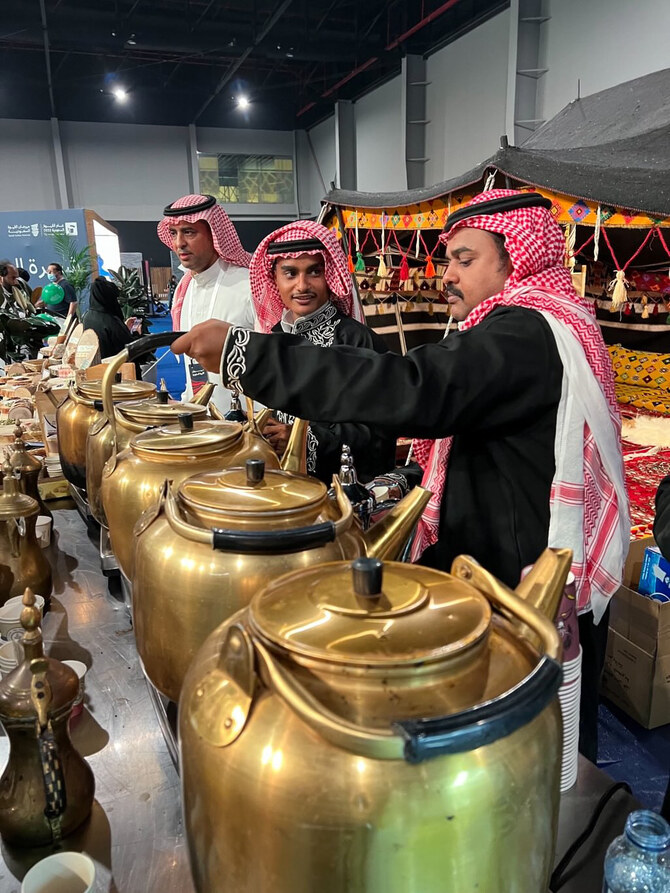
How we make the traditional Saudi coffee?
Traditional Saudi coffee is made by roasting beans to a golden hue, boiling them with spices like cardamom, saffron, and cloves, and serving the dark, unfiltered brew in small cups — a practice deeply rooted in local culture.
As a coffee and tea enthusiast, Al-Wattar finds herself indulging more during Ramadan.
“After Taraweeh, I usually go for iced coffee or an Americano. The night is young here, and the rhythm of Ramadan allows for more caffeine. Still, I try not to overdo it to avoid dehydration.”
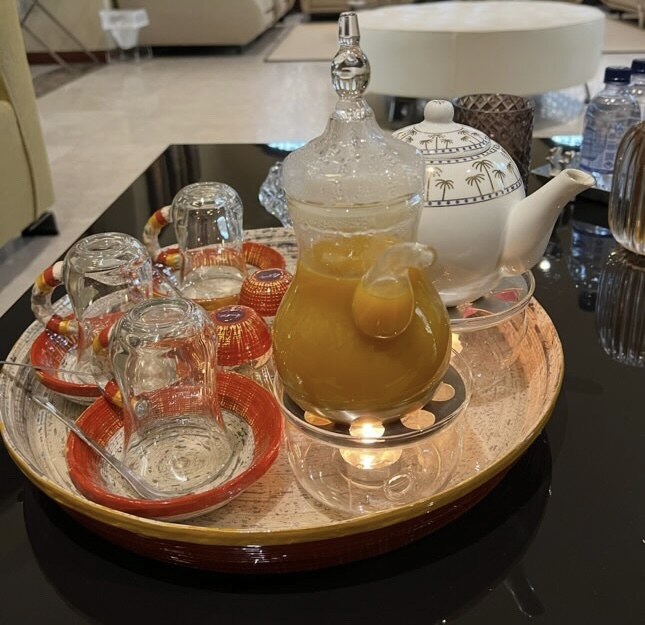
Meanwhile, Saudi designer Qamar Ahmed views the month as a chance to pause and reflect on daily habits:
“Caffeine is a big part of our mornings, so giving it up tests our discipline. It’s a real shift. But I love how afternoon tea at 4 p.m. brings the family together — that’s our tradition.”
She adds:
“After prayer, there’s nothing more relaxing than sharing a cup of tea or coffee with loved ones. It’s a way to reconnect, recharge, and slow down.”
Also Read: Qiyam al-Layl (Night Prayer): A Path to Divine Closeness, Especially in Ramadan


